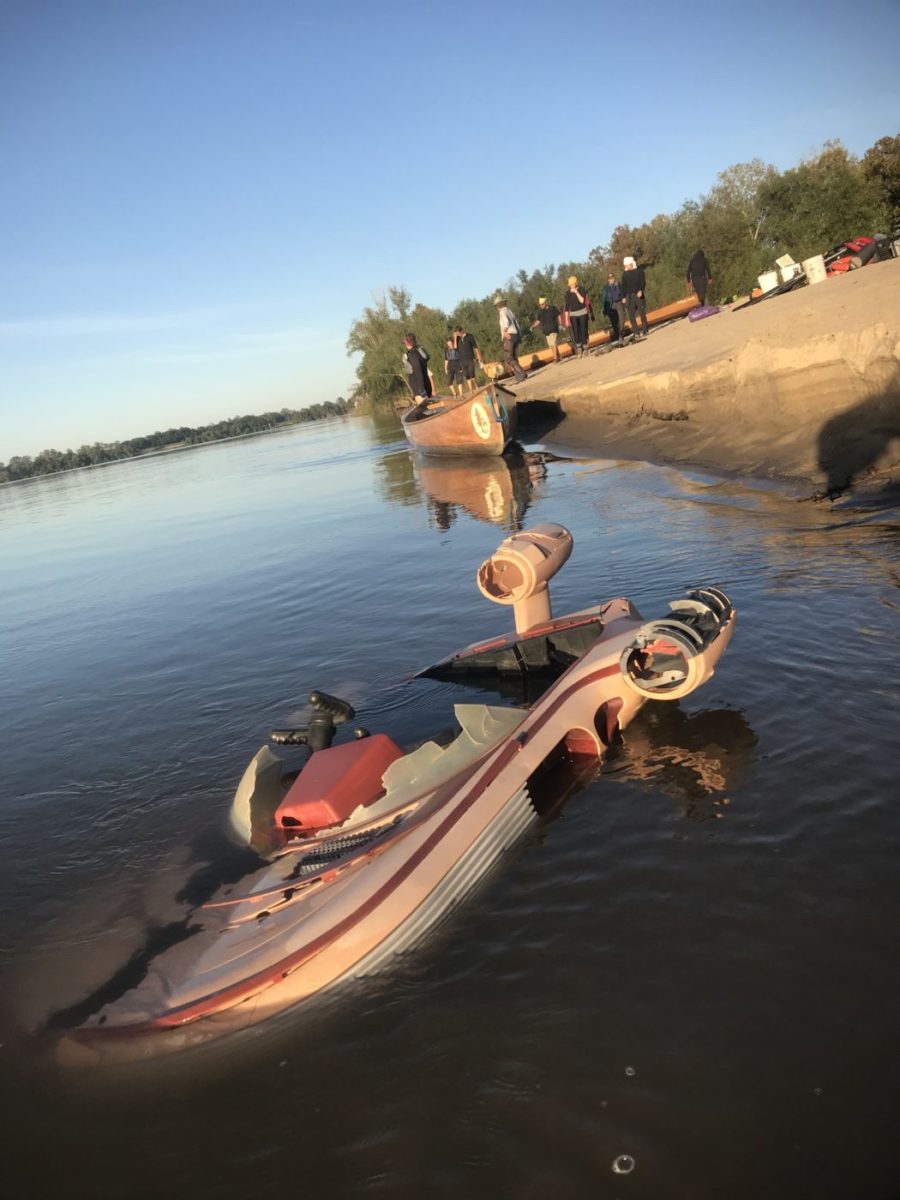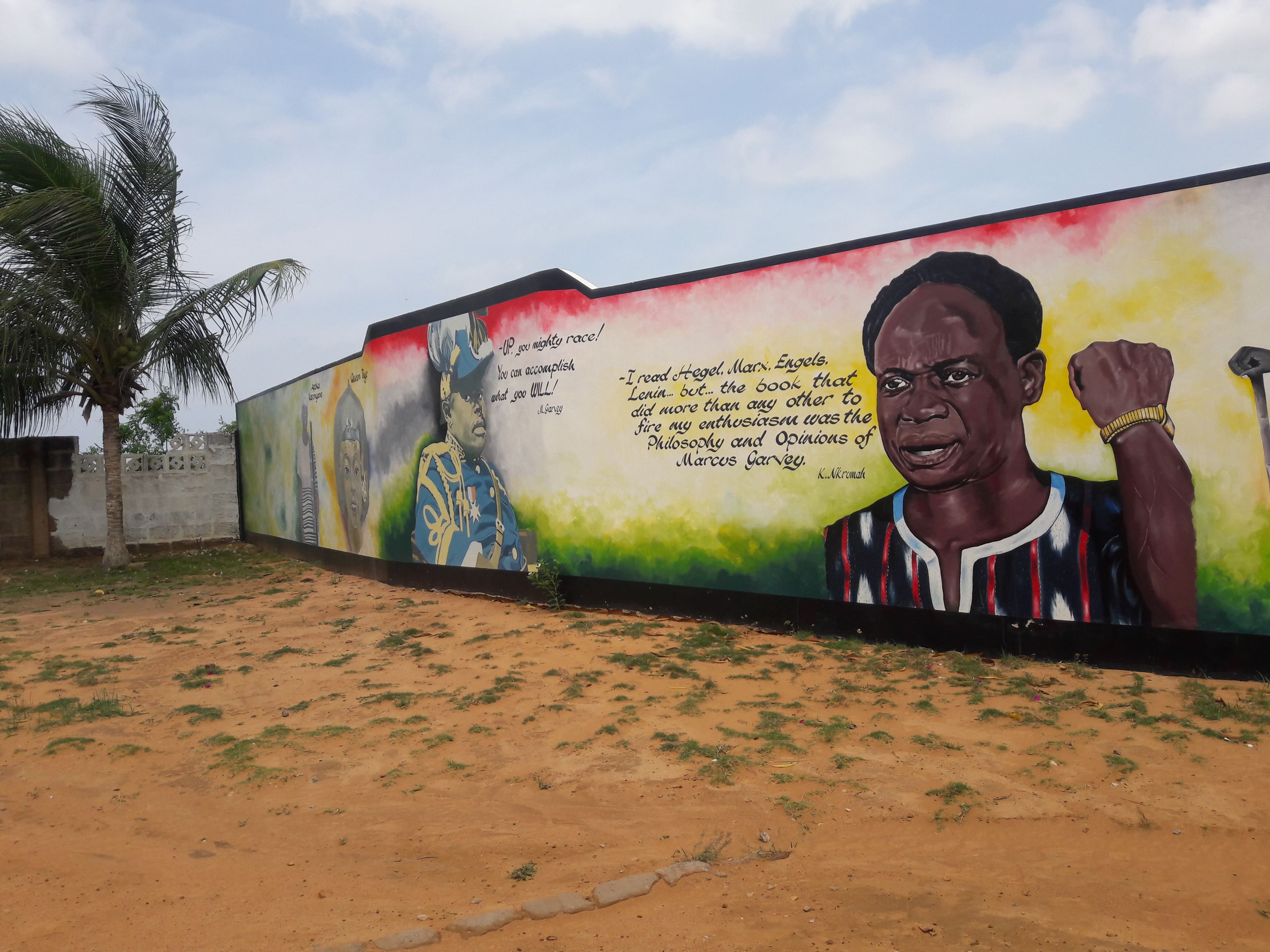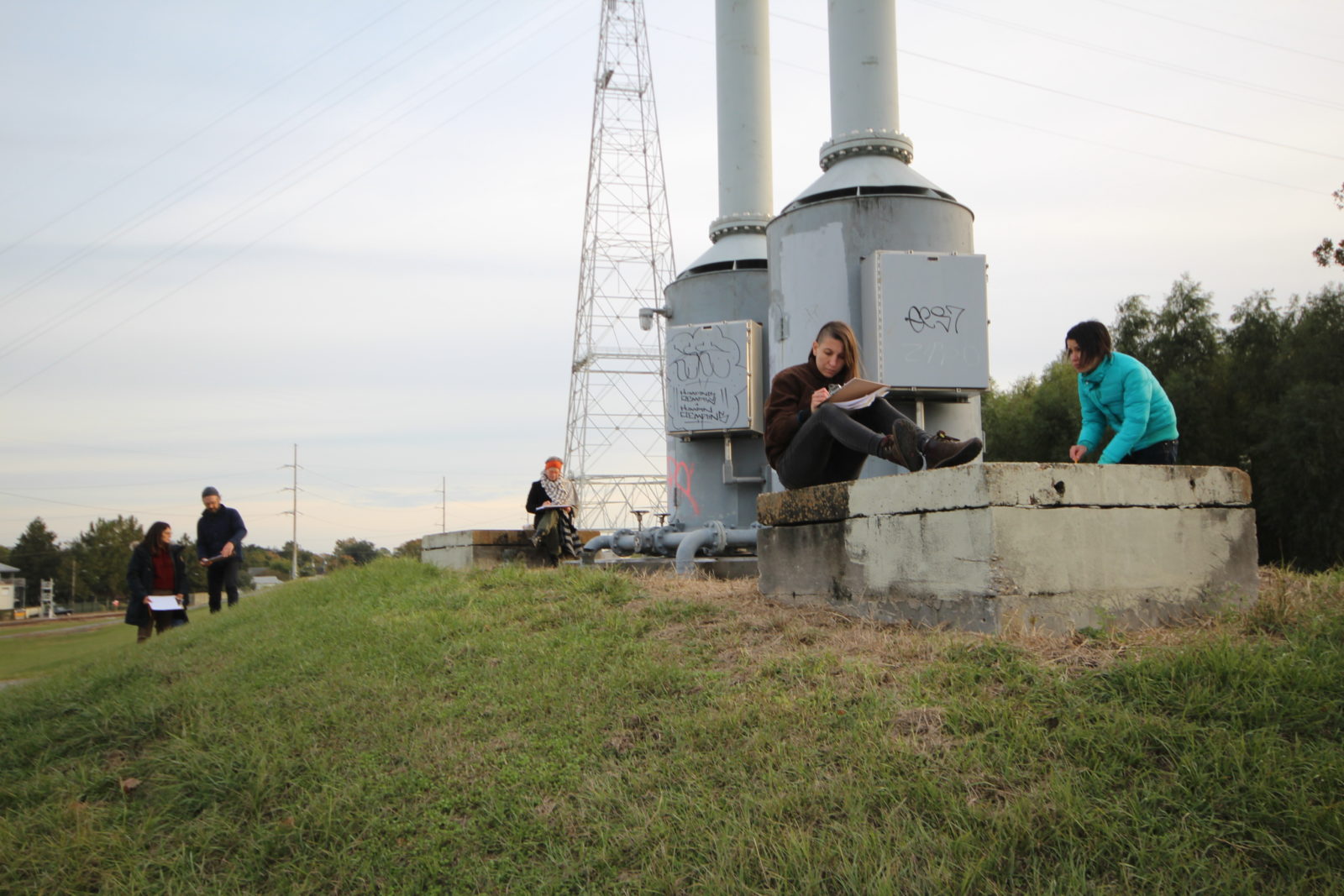
A traveler’s guide to the (dis)comforts of being at home-in-the-world
(Originally published for the Anthropocene Curriculum.)
In September 2019, a group of travelers boarded a set of canoes and set off from the Mississippi River’s headwaters in Lake Itasca, embarking on a hundred-day journey down the river’s length: the Anthropocene River Journey, in which twenty-five scholars, artists, and activists along with students from River Semester of Augsburg University in Minneapolis, Minnesota participated. In this essay, Joe Underhill, who organizes the River Semester at Augsburg University, recounts the many experiences the travelers underwent on both land and water, relating them to the ideas and practices of what might constitute an “Anthropocene curriculum.” Confrontations with the often destructive social, economic, and political realities of those who live along the river offered a stark contrast with the more joyful, even spiritual experiences of life in the field. Critically reflecting upon this experiment in immersive, field-based education, Underhill and fellow travelers offer an exploration of the (dis)comforts of an approach that they suggest could be called “being at home-in-the-world.”
This essay explores the idea of an Anthropocene curriculum that connects students directly to the world through immersive, field-based education while practicing a form of low-carbon, sustainable living. These life-affirming and meaningful experiences are much needed in the midst of the generally grim realities of the present era, made all the more daunting now by COVID-19 pandemic. In other words, this is an exploration of the (dis)comforts of what could be called being at home-in-the-world. This is both a radical rethinking of the praxis of higher education and a pedagogical form that allows for a nuanced, balanced, and complex understanding of the Anthropocene. This notion is explored via the example of the River Semester, a hundred-day canoe journey down the Mississippi River in 2015 and 2018 (with the next trip planned for 2021). A custom form of this expedition, organized in partnership with the Haus der Kulturen der Welt and Max Planck Institute for the History of Science, took place in Fall 2019 under the title of the “Anthropocene River Journey.” These programs were conceived as lived experiments and performative acts of rebellion against existing practices in higher education and as correctives for the resource-intensive norms of modern Western consumer capitalism. An Anthropocene curriculum needs to provide opportunities for the life-affirming communal experiences and connections with what remains “natural” in the Anthropocene. We have found these experiences to provide students with the skills and mindset needed for the long journey ahead and to be powerful medicine for the anxieties, anomie, and dysfunctions of our day.
##Introduction
In these precarious times—variously referred to as the Anthropocene, Capitalocene, Chthulucene, climate change, the Great Acceleration—those attuned to the realities of the global dynamics and trends, and called to respond to them, face a daunting set of challenges, stresses, and psychological strains. Maintaining hope, a sense of purpose, health, and sanity in the midst of the Sixth Extinction, rising sea levels, catastrophic floods and fires, resurgent xenophobic populist nationalism, and global pandemics is no small feat. Teaching and learning in this context require a curriculum that engages with these difficult and complex realities and also an intentionality around the ways to inspire hope and the sense of agency needed for the work that will inevitably be required to navigate the (literal and metaphorical) storms that lie ahead.
As Alya Ansari, one of the participants in planning workshops for the Anthropocene River project, puts it:
The Anthropocene has raised more questions and uncertainty about the ways in which we live and know than it has delineated a clear, forward course of action. What does it mean, concretely, to do the kind of comprehensive reformation of knowledge production that the Anthropocene calls for and enables? How do we resist within the Anthropocene, and how do we use the agency the concept bestows upon us to grapple with the harsh realities of a world we have created?
These canoe-based, semester-long expeditions down the Mississippi River, by their very nature, entail a thorough exposure to and immersion in the social, political, and anthropocenic realities of life in the American heartland. Stripped of the protections and comforts of life indoors and away from the screen-dominated (ir)realities of the digital age, the travelers on these journeys come face to face with the industry, poverty, wealth, wilderness, pollution, beauty, injustices, vitality, and dysfunction of natural and human communities all along the river. The students on these trips face the rigors of paddling hundreds of miles on a major river in all kinds of weather and attend to the duties and needs of the expedition, all while taking a full load of college credits. In a significant expansion of the usual programming, the 2019 Anthropocene River project, involved close to 500 scholars, activists, artists, and community organizers in a complex, multifaceted investigation of the Mississippi River as part of the hyperobject of the Anthropocene. The Anthropocene River project has produced (and continues to produce) a rich body of research, in various forms. As one early attempt to collate and reflect on at least some portion of this multimedia “raw data,” this essay draws on the resulting mix of field notes, art and research projects, and short contributions, as well as the experiences of the 2019 and earlier River Journeys. Photo documentation and field notes are inserted as illustrations of points raised in the text, and also as standalone vignettes that capture moments and sites that stood out for the river travelers.
One of the most notable elements of these journeys is that they are much more than the standard educational endeavors of research and knowledge acquisition. At many points along the way, participants have broken down and wept. This journey through the Anthropocene is emotionally laden and requires us to move from the cerebral and more narrowly academic concerns to our hearts and bodies and to notions of self-care, health, joy, and thriving. A central question raised by the experience of an extended, mostly human-powered voyage through an anthropocenic space is what the sustainability of those efforts is, in personal and emotional terms. In other words, how can we live and find joy in the midst of such immersion in the challenges and stresses of the Anthropocene?

